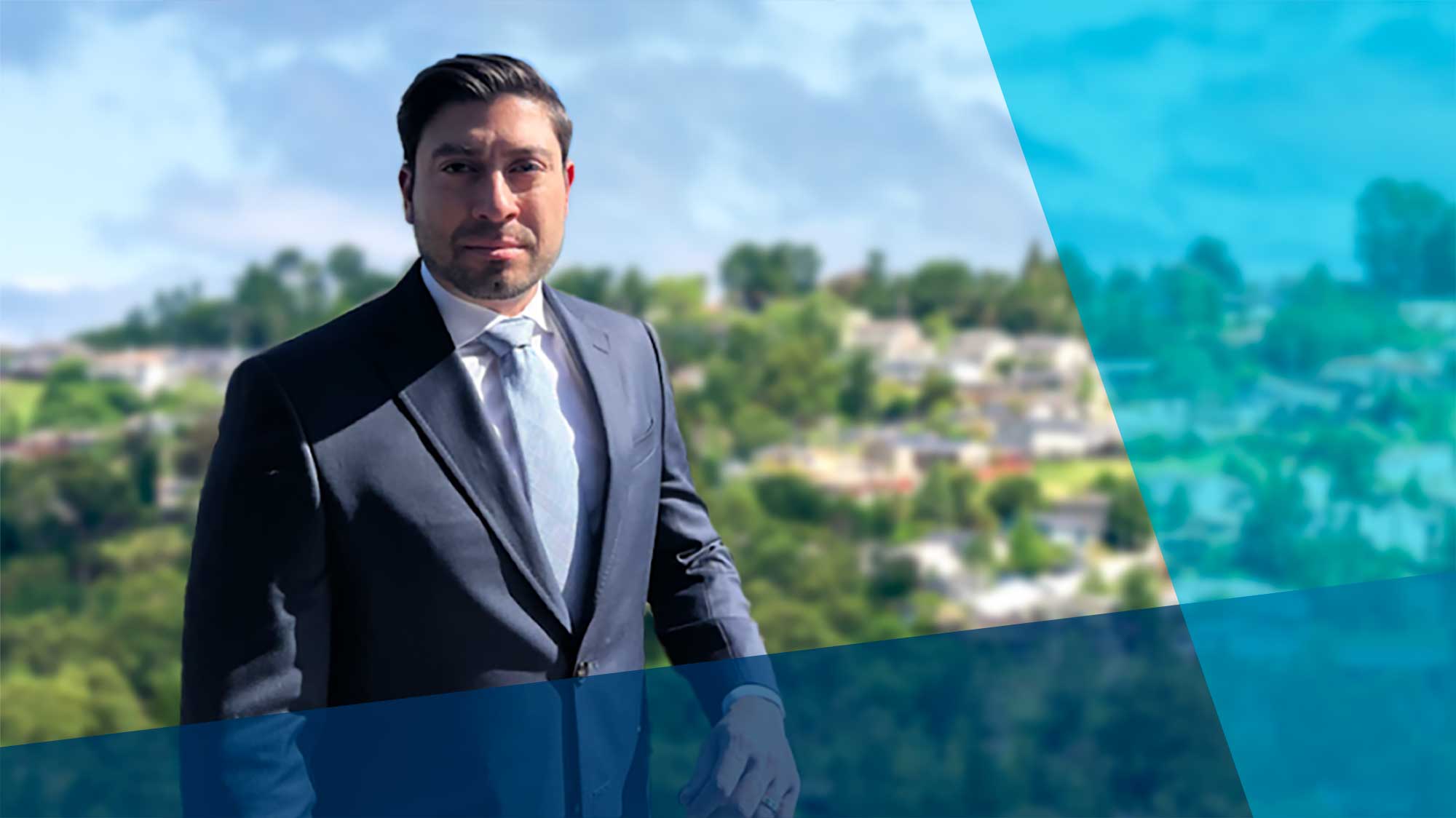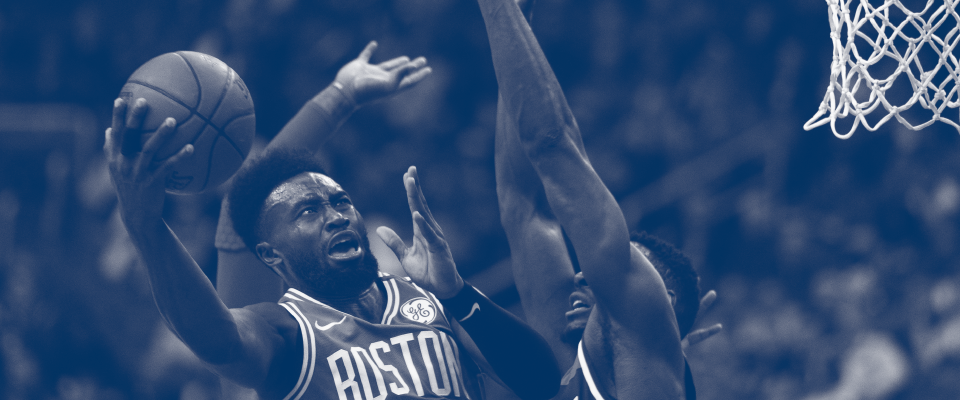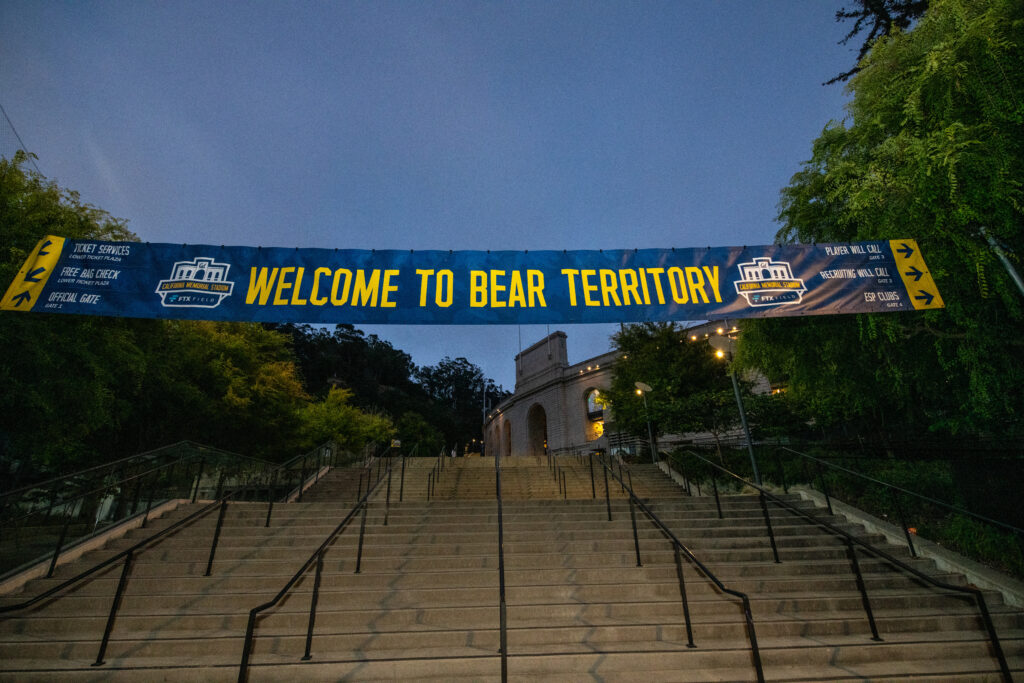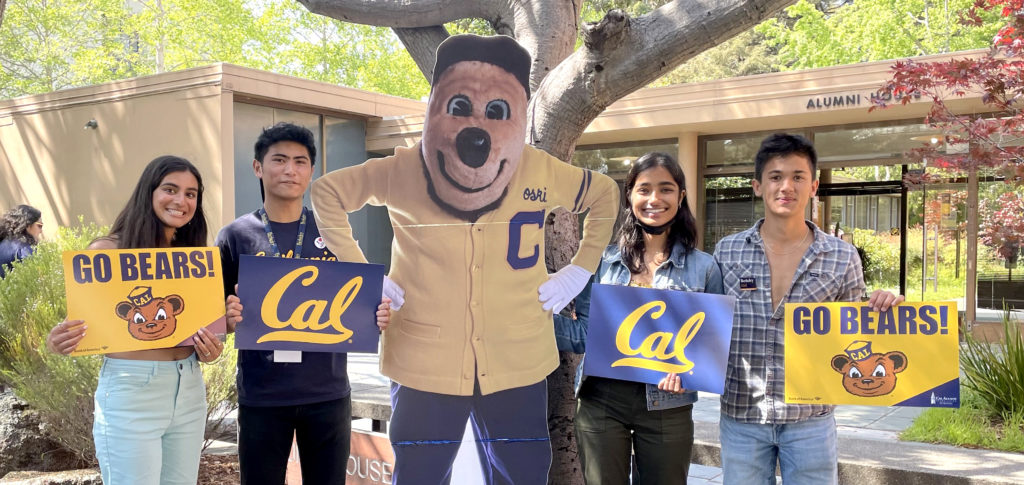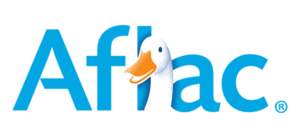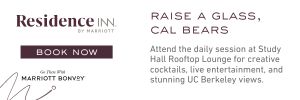When Anderson Franco ’10, J.D. ’13 began his journey at Cal, he struggled with transitioning to college and discovered the importance of resources and mentors. Despite facing different obstacles, Anderson persisted and remained committed to learning.
Throughout his time at Cal and beyond, Anderson’s passion to help Spanish-speaking communities influenced his choices, including his decision to pursue law. Today, Anderson operates Anderson Franco Law with the mission of serving and representing the Spanish-speaking community. His efforts have earned him positions with organizations like the San Francisco La Raza Lawyers Association and recognition by Super Lawyer magazine.
The Cal Alumni Association spoke with Anderson Franco about his experience at Cal and his postgraduate journey.
Cal Alumni Association (CAA): Where are you from? And how did you choose Cal?
Anderson Franco (AF): I was born and raised in San Francisco. My parents are immigrants from El Salvador, and even though they had limited education they still knew what UC Berkeley was. It’s the number one public university. So when I got into Cal, it was a no-brainer. That’s where I wanted to go. Great location, great academics, and a diverse student body.
CAA: What was your experience at UC Berkeley like?
AF: Initially, Berkeley was a little tough. My first semester was difficult, and I had the worst grades out of my time at Berkeley. That transition was a growing and learning process. My first semester, I was trying to do it on my own because I got through high school successfully, but Berkeley was a different beast. I had to learn how to find resources to improve my grades. That was when I really learned what office hours were and spoke to GSIs. I also went to the Student Learning Center for tutoring and writing assistance. One of my full-ride scholarships also gave me a stipend to get private tutors. I reached out to older students for mentorship, like how and where to study. By the second semester of my first year, I got straight A’s. It was actually the first time in my life that I had gotten straight A’s! It just took that transition period.
CAA: Did you have a favorite place on campus?
AF: The East Asian Library. Today, the East Asian Library is a giant building across from Memorial Glade, but for my first two years it was in a small building near Sather Gate. I also loved having lunch at Savio Steps at noon on a busy day. That was my favorite thing to do, just grab sandwiches with a couple of friends.
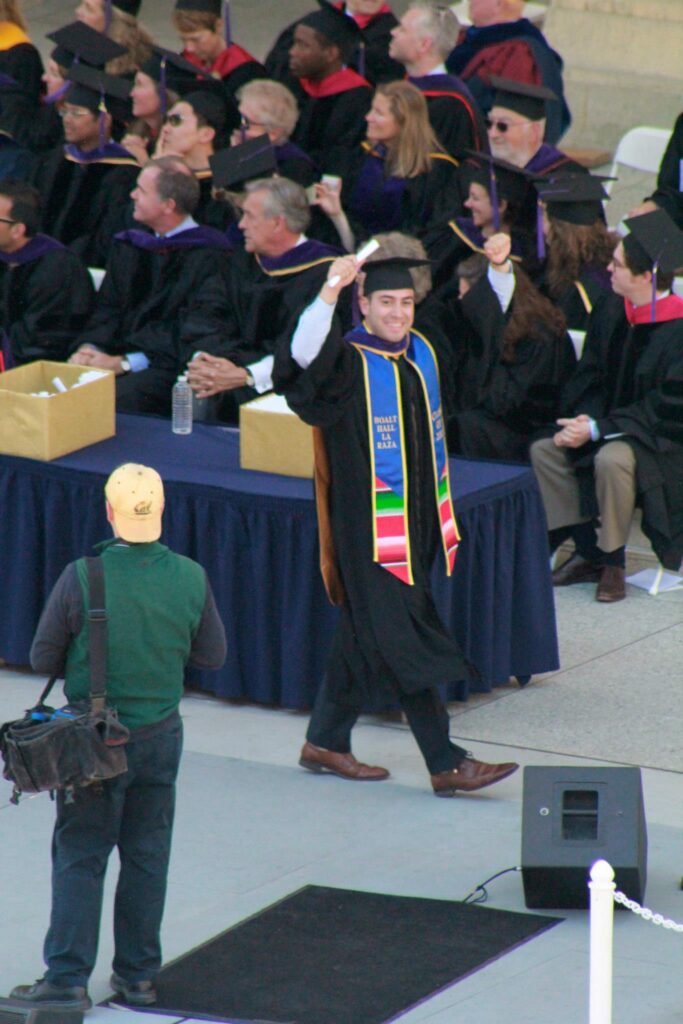
CAA: What other challenges did you encounter during your journey at Cal?
AF: I knew I wanted to be a lawyer, and my writing skills in college were not strong. I was actually in the remedial English class, which showed me that I didn’t have strong writing skills. Writing is an important part of being a lawyer. I recognized that I needed to work on that and go back to the basics like sentence structure, paragraph structure, and argument structure.
That’s how I ended up studying and majoring in rhetoric, even though rhetoric is writing intensive. I knew that studying rhetoric would help me become a writer and push me to become a good writer, which is ultimately what I needed to be a lawyer. It ended up coming full circle. In my first year, I remember my Rhetoric professor telling me my writing skills were not good. Then, by my last semester, that same professor told me he saw the progress in my writing and that he was impressed by how it advanced to such a high level.
CAA: Were you always interested in attending law school?
AF: I always knew I wanted to practice law. I thought the profession seemed challenging and it ultimately came down to two things. One, my parents are immigrants, and I’m fluent in Spanish. I always knew I wanted a career where I could use my Spanish language to help people. Then growing up, I saw how the lack of access to the law affects the community. I saw family members where something happened at work, and they just didn’t know what to do. I remember being in high school and thinking, “That seems like it was illegal,” but I didn’t know any lawyers or how to contact anyone. It seemed like the law was a foreign language and that my family members didn’t have access to it.
That’s why I was attracted to the law and why I went to Berkeley knowing I wanted to be a lawyer. That’s also why I majored in rhetoric and was involved through college in legal organizations so that I could eventually go to law school.
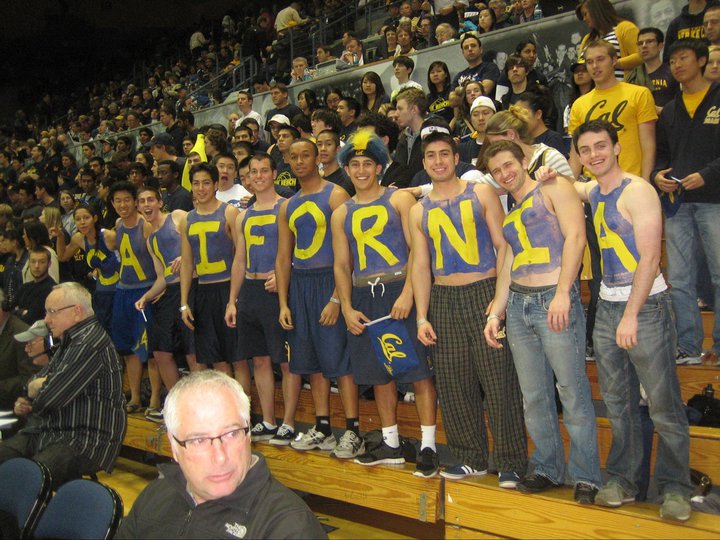
CAA: What features of UC Berkeley influenced your decision to stay and attend Berkeley Law?
AF: I absolutely loved my time at Berkeley during college. It was a great experience academically, but also in terms of the student body and the diversity! I was so familiar with it as a college student that I knew Berkeley Law would be similar. Berkeley Law is also extremely prestigious, and the faculty and professors are top-notch, so I knew that’s where I wanted to go. While at Berkeley Law I took classes from professors who clerked with the Supreme Court which is so cool.
“It seemed like the law was a foreign language and that my family members didn’t have access to it. That’s why I was attracted to the law and why I went to Berkeley knowing I wanted to be a lawyer.”
Anderson Franco ’10, J.D.’13
CAA: During your time at Cal, how were you involved on campus?
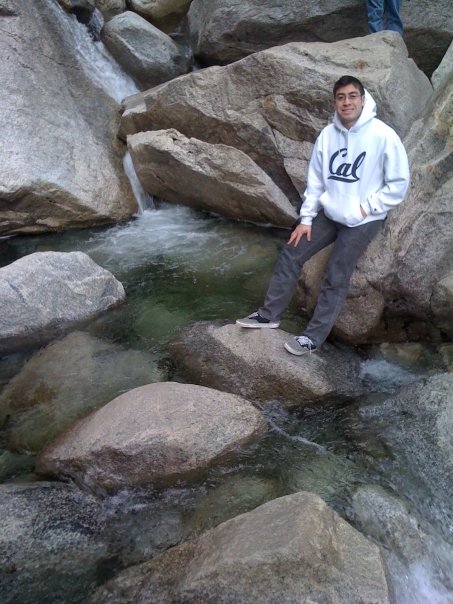
AF: I ended up co-founding and being co-president of the Gates Millennium Scholars Program at Berkeley. It was an organization created to outreach to Bay Area high schools to inform them about the Gates scholarship. I was involved and volunteered with East Bay Sanctuary Covenant, which is right across the street from the RSF. They provide free legal services to refugees seeking asylum. I was in a fraternity, and I was also involved earlier on with Hermanos Unidos, which is a Latino organization on campus.
CAA: What did your post-law school journey look like?
AF: I knew that I wanted to use the law to give a voice to the underrepresented and use my Spanish skills, but I knew I needed training immediately after law school. I started off on the defense to learn how the defense thinks so I could use that in my long-term practice. After law school, I joined a law firm where I represented insurance companies. Insurance defense was a great avenue to learn how insurance companies analyze claims and how defense analyzes cases. From there, I transitioned to the opposite side, where now I’m on the plaintiff’s side representing those that have been injured.
CAA: What challenges did you encounter during that journey?
AF: The law is complicated, and there’s always so much to learn. In my industry, you have to be interested in learning. If you don’t, you’re just going to be left behind. The law is constantly evolving, so I’m constantly learning. I graduated ten years ago, and I’m still constantly learning!
CAA: How has your education and experience at Cal influenced your career decisions?
AF: Immensely. To this day, I still apply the training from college and law school: the analysis, writing, reading, what the professors taught me, and networking with the student body. I’m indebted to Berkeley because of what it’s offered me, both professionally and personally. Personally, almost all of my friends are from college or law school. Professionally, a lot of my mentors have strong ties to Berkeley or went to Berkeley. One mentor, in particular, went to Berkeley for college, then for law school, and is currently a professor at Berkeley Law. He’s been my mentor since I was in undergrad and he was in law school.
CAA: What do you find most fulfilling about the work you do?
AF: Now, I represent people injured in catastrophic accidents throughout California, but mostly in the Bay Area. The majority of my clients are Spanish-only speakers or under-educated. They don’t know about their rights, and they’re often scared of pursuing their rights. I pride myself in providing them a voice, letting them know about their rights, advocating for them, and ultimately getting justice for them. A lot of my clients come from similar communities as my aunts and uncles, my parents, and my community. So, it’s very fulfilling to be able to fight for them, and ultimately get them the best results possible.
CAA: Looking back on your involvement with the Latinx and Spanish-speaking communities, what inspires you to give back in this way?
AF: I recognize that I am fortunate to be in a position where, despite the obstacles of my past, I overcame those obstacles. Now, I’m a Spanish-speaking attorney who can lend a hand to the Latinx community and provide for them. I recognize that I’m blessed, and I want to be able to help others. I also try helping out Latinx students. I’ve had interns who are Latinx, and I’m involved with nonprofits that provide scholarships to Latinx students. I’m lucky enough to be in my position that I want to give back to the community.
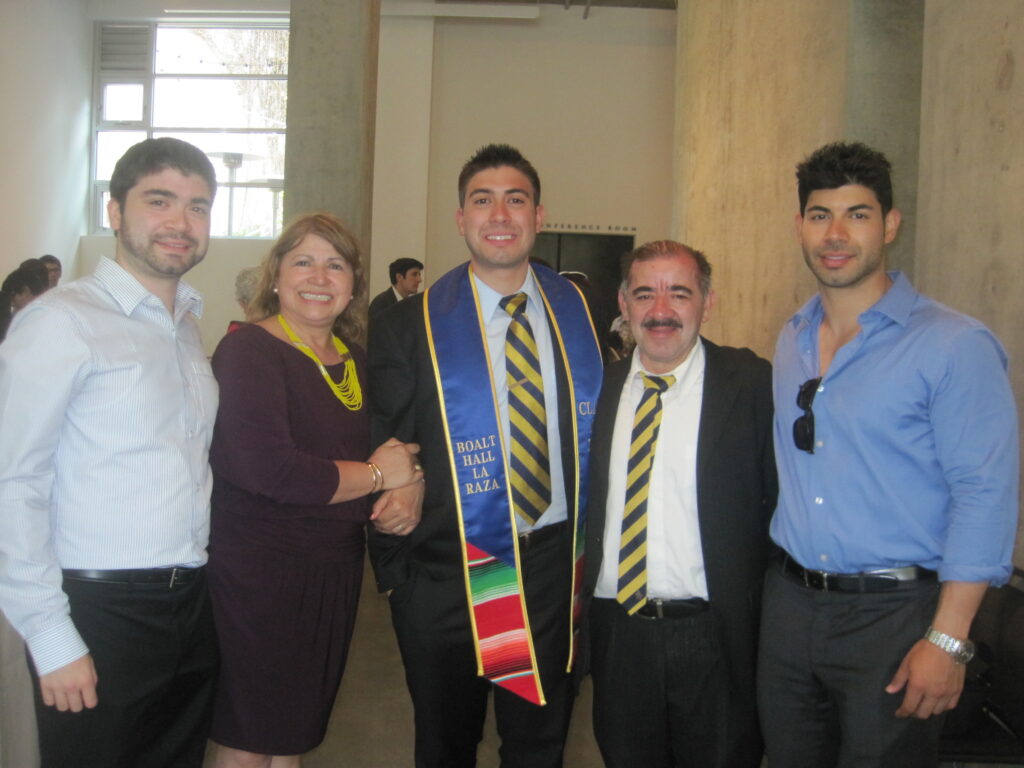
CAA: What has been most rewarding about overcoming some of the barriers you’ve faced throughout your educational and professional journey?
AF: The happiness and success of my clients. I’ve had clients cry with joy after successfully representing them. Some clients were reluctant to pursue a case until they met me, or thought that it wasn’t even worthwhile because they were undocumented. I had to explain to them that just because you’re undocumented doesn’t mean you cannot file a lawsuit. It’s fulfilling to be able to help people who would have difficulty finding help. These cases are just as fulfilling because they reached out to me, I could communicate with them in Spanish, and provide them with some resources.
“I’m indebted to Berkeley because of what it’s offered me.”
Anderson Franco ’10, J.D.’13
CAA: What are the three most valuable lessons you’ve learned from working in law?
AF: One, you have to work hard. Nothing comes easy. You have to own your craft and work hard for it to be successful, because the law can be difficult.
Two, the law can be powerful, and asserting your rights can be life-changing. It is empowering, giving someone the confidence to know that they are in the right, that they were wronged, and that they could pursue justice.
Third, practicing law is interesting because it’s evolving. No two cases are ever the same, so there are always opportunities to apply the law persuasively.
CAA: What advice can you give to students who come from similar underrepresented backgrounds that may feel out of place in certain spaces?
AF: Follow your dreams and believe in yourself. Work hard and you can achieve your dreams. Be persistent and put in the time and effort if you want to achieve your goals. Working hard includes being resourceful and finding ways to overcome obstacles. There are going to be setbacks, but you have to stick with it. I wanted to be a lawyer, but my writing skills were terrible. I had to work at it over many years so that I could ultimately pursue the career that I always wanted to pursue. Work hard, be persistent, and believe in yourself. If you believe that you can then you have the capacity to do what it takes to achieve your dreams.
Reach out to Anderson via his website, andersonfranco.com, to get in touch.
Alumni: Learn how you can give back or contact us to share your own stories.










